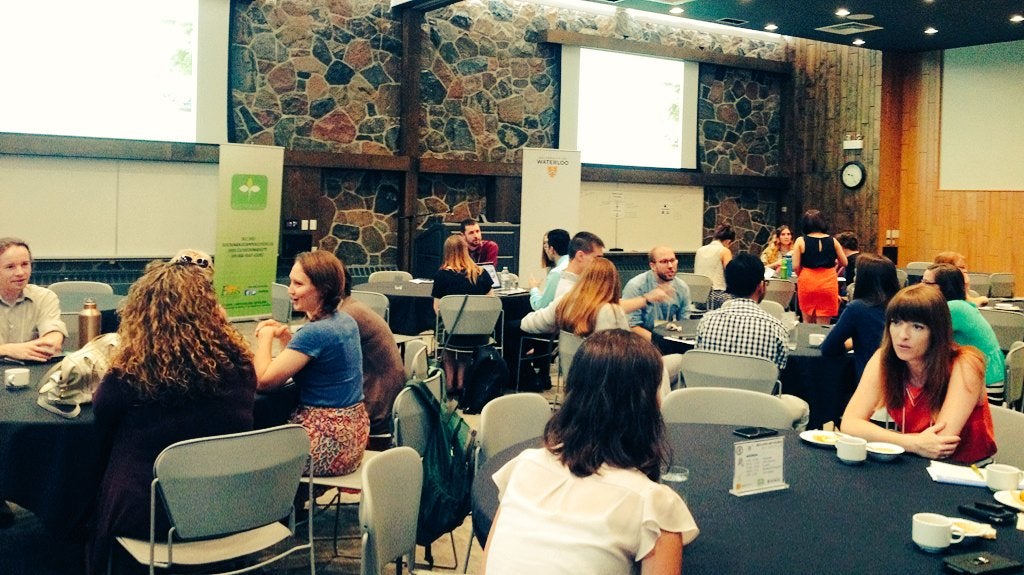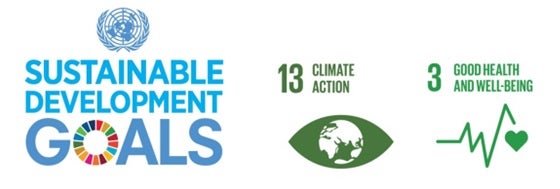Climate Action may be lucky number 13 in the UN Sustainable Development Goals (SDG), but there are zero paths to meeting the other goals without addressing it. Climate change affects each aspect of sustainable development, from inequality, to economic growth, built and natural environments, and, critically, your health.
The University of Waterloo is supporting research and education to elucidate these links to help achieve SDG #13. However, more work is urgently needed to understand how climate change and climate action affects our health, our economy, and our equality.
Education and awareness
Both in Canada and abroad, we need to understand the health impacts of climate change and climate policy. This understanding can improve resilience, increase adaptive capacity, inform mitigation, improve education and awareness, and reduce inequality.
However, to reap these benefits, we need to close significant knowledge gaps. For example, we need to better understand how climate change and climate policy affects human health via air pollution. Climate change can worsen air pollution, which is the single greatest environmental health risk factor, and is attributed to millions of deaths annually.

Our health and climate change
Climate change can increase these risks of death, respiratory and cardiovascular disease, especially among the poorest and most vulnerable. Research has shown that climate policy can clean the air by reducing pollutants that are emitted from the same source, reducing incidences of asthma attacks and heart attacks, thereby yielding savings in health care costs that can equal the cost of the climate policy. Thus, climate policy can have major, if indirect, health benefits.
In spite of these significant impacts and potential benefits, there remains relatively little research available to support decision makers on how to integrate climate change into national policy, or to protect their vulnerable populations. In particular, we need more consistent studies to draw broader conclusions, and locally-relevant policy analysis that can link decisions to budgets and human outcomes.
A call to action
What can you do? Support and participate in research and education about climate change, especially as it relates to health, both at Waterloo and in your community. To learn more about the research on this topic, you can visit eng.uwaterloo.ca/~rsaari/ or follow @BeckySaari
